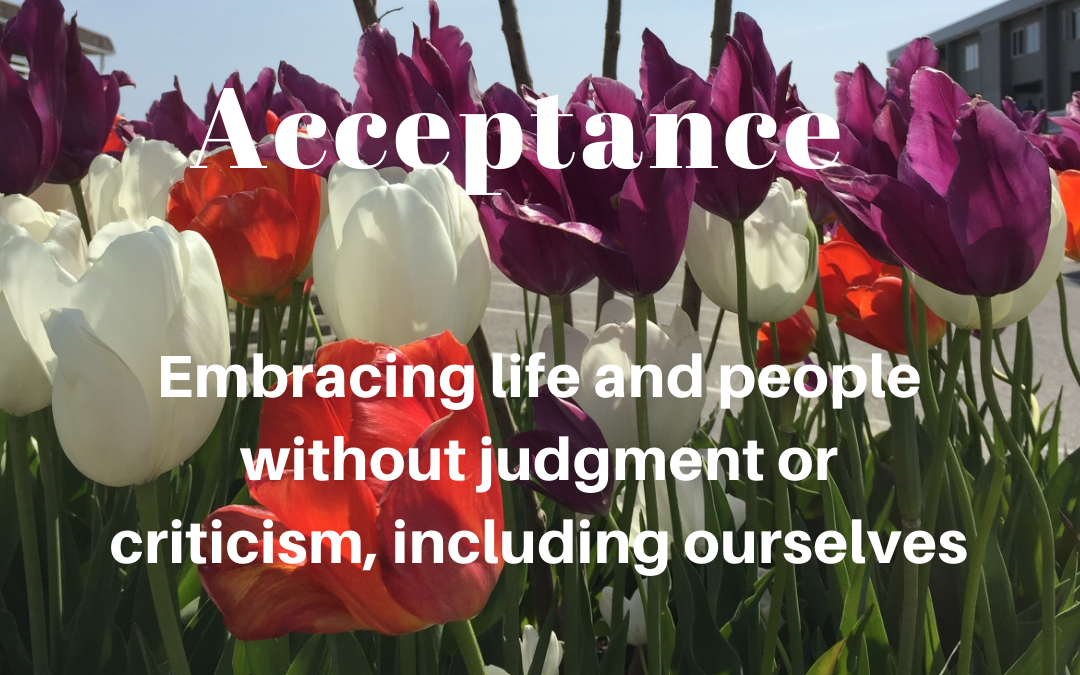
Appreciation
Description
Appreciation as a virtue is a powerful practice of seeing and valuing the good in all aspects of life. It goes beyond simply noticing the positive; it involves acknowledging the big and small blessings that enrich our daily experiences. Appreciation is about being open to the beauty, kindness, and goodness around us, and when we share our gratitude, we foster connection, encouragement, and trust.
In relationships, appreciation strengthens bonds and affirms the efforts, qualities, and intentions of others. This act of recognition nurtures love and deepens our sense of belonging. Whether in a family, workplace, or community, an environment of appreciation builds morale and inspires people to continue contributing their best.
On a personal level, appreciation includes acknowledging our own journey, respecting our growth, and even finding gratitude in life’s challenges. When we choose to see these trials as opportunities for growth, we develop resilience and wisdom, honoring the process as much as the outcome.
Living with appreciation enriches each moment, helping us savor the beauty, peace, and joy life offers. When we look at each day with appreciation, we fill our lives with purpose, knowing that we have cherished each precious moment and opportunity.
Affirmations for Appreciation
1. I am grateful for the simple joys in my life.
This encourages us to notice small blessings that might otherwise go unnoticed, bringing positivity to everyday moment.
2. I value the people who support and love me.
This practice shifts our attention to relationships and deepens our gratitude for those who enrich our lives.
3. I recognize the beauty around me, no matter how subtle.
It fosters mindfulness, encouraging us to find and appreciate beauty, even in unexpected places.
4. I honor my progress and am proud of the steps I have taken.
By focusing on personal growth, this affirmation reinforces self-appreciation and confidence.
5. I express gratitude for my health and well-being.
This promotes awareness and thankfulness for our physical and mental health, building respect for self-care.
6. I welcome challenges as opportunities to grow.
Reframing difficulties as growth moments encourages resilience and a positive outlook on life’s tests.
7. I appreciate the lessons I’ve learned from past experiences.
Reflecting on past lessons helps us value our journey and see even hard times as valuable teachers.
8. I am thankful for the abundance I already have.
This shifts the focus from what we lack to what we possess, nurturing contentment and reducing desire for more.
9. I choose to be present and savor this moment.
Being fully present helps us appreciate life as it happens, grounding us in the now.
10. I recognize and celebrate the good in others.
Expressing appreciation for others strengthens relationships and fosters a positive environment around us.
Quotes
“When you arise in the morning think of what a privilege it is to be alive, to think, to enjoy, to love…” — Marcus Aurelius
“If the only prayer you said was ‘thank you,’ that would be enough.” — Meister Eckhart
“Cultivate the habit of being grateful for every good thing that comes to you, and to give thanks continuously. And because all things have contributed to your advancement, you should include all things in your gratitude.” — Ralph Waldo Emerson
Appreciation In Family Life
Balancing Appreciation
Joe is a husband, father, grandfather, author, speaker, educator, course creator, and parent/family coach.
He helps parents develop unity, find clarity, communicate, and develop consistency in their parenting with the Four C’s of Successful Families. You can find his work on social media.
In addition, the Four C’s newsletter is enjoyed by many as it encourages parents to self-care, build their relationships with their partners, and raise their children.
And he loves to golf!



